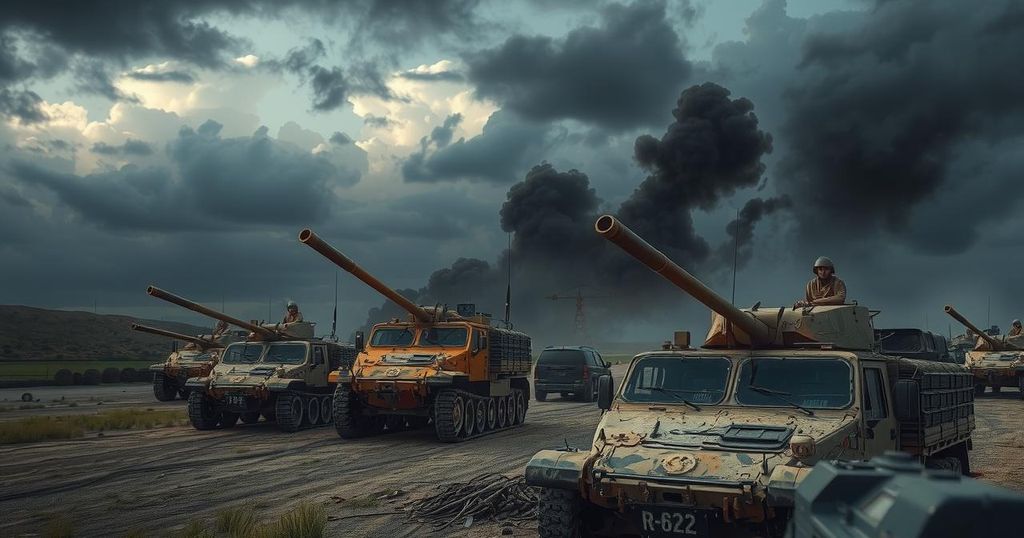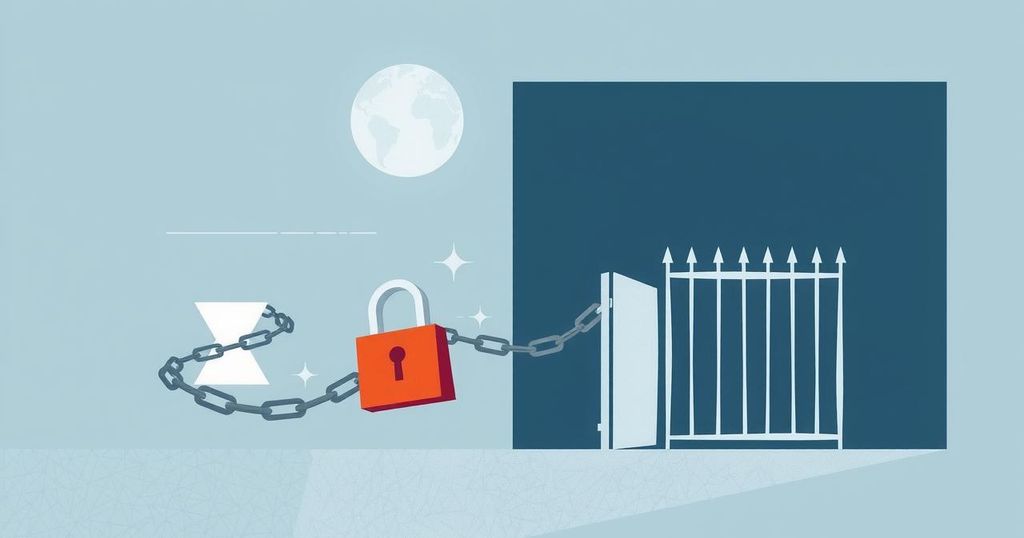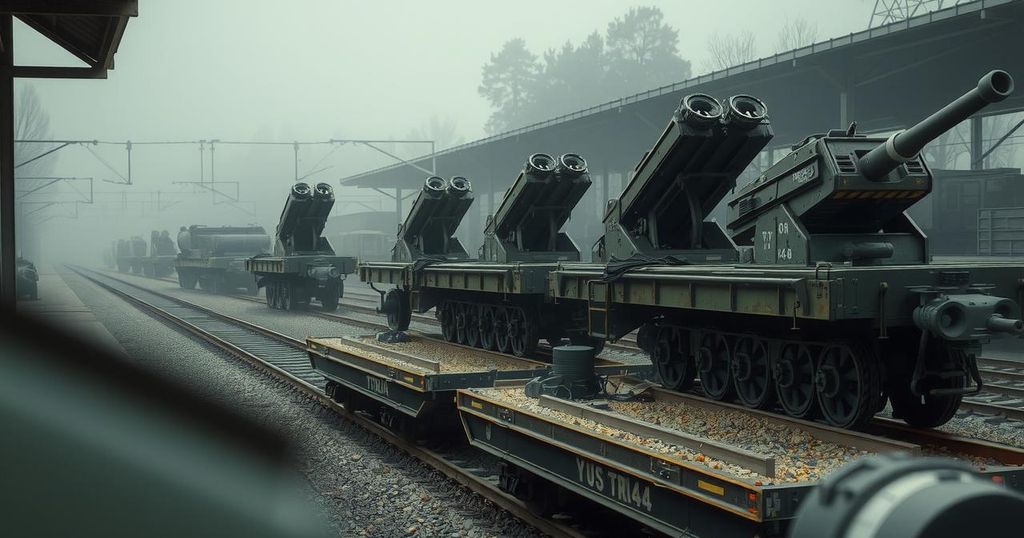NATO Learns from Ukraine War to Address Russia-North Korea Threats
NATO is leveraging insights from the Ukraine conflict to counter the growing military threat from Russia and North Korea. North Korea has sent additional troops to support Russia while also providing military aid. The U.S. and South Korea are enhancing counter-tactics, particularly against North Korean war tunnels. NATO has established new initiatives to improve readiness against potential aggressions. This evolving alliance reveals Russia’s increasing dependence on North Korean support amid its defense challenges.
The military alliance NATO is utilizing insights gained from the ongoing conflict in Ukraine to prepare for an escalating threat posed by the partnership between Russia and North Korea. North Korea has significantly bolstered its presence at the Kursk front by dispatching 3,000 soldiers to Russia, further enhancing military cooperation and sharing strategic knowledge with Russia. This emerging alliance has prompted a response from the United States, which has intensified its support for Ukraine to counter North Korean military strategies.
Reports indicate that North Korea’s efforts to reinforce Russian ranks are hampered by heavy losses, with casualties exceeding 4,000 from their original 12,000 troop deployment. In addition to troop reinforcements, North Korea is providing critical military aid to Russia, which is struggling with its defense capabilities, particularly in light of ongoing losses. Ukrainian reconnaissance efforts have identified North Korean Koksan self-propelled guns in Kursk, which were subsequently targeted and destroyed by Ukrainian HIMARS units.
The growing cooperation between Russia and North Korea has been underscored by recent high-level visits, including the Russian Security Council Secretary and former Defense Minister, Sergei Shoigu, who has visited Pyongyang multiple times. This indicates a deepening military alliance that poses a potential threat to South Korea, as North Korea seizes the opportunity to gain combat experience and adapt its military doctrine as tensions persist on the Korean Peninsula.
In light of these developments, the United States has escalated its collaboration with South Korea, focusing on countering North Korean tactics, particularly their use of war tunnels. The two nations have conducted joint military exercises aimed at enhancing strategies to eliminate threats posed by these tunnels, which are utilized in conflicts within Ukraine and on the Korean Peninsula.
NATO, learning from the Ukraine war, has initiated programs like the Joint Analysis Training and Education Centre in Poland, where NATO and Ukrainian military personnel collaborate to improve defense strategies against potential Russian and North Korean confrontations. By integrating battlefield experiences, NATO aims to bolster its readiness against future threats stemming from the growing alliance between Russia and North Korea.
While military aid from North Korea may provide temporary relief for Russia, it simultaneously reveals Russia’s increasing reliance on external support amidst difficulties in its defense production capabilities. NATO’s steps and enhanced military exercises signify a commitment to counter these emerging threats, urging North Korea to reconsider the value of its military association with Russia against the backdrop of growing Western resolve.
In conclusion, the escalating military cooperation between Russia and North Korea presents significant geopolitical challenges that the West must address. NATO’s proactive approach, utilizing lessons learned from the Ukraine war, aims to fortify defenses and counteract the heightened threat from this burgeoning alliance. The initiatives taken, including joint military exercises and strategic training, will enhance Western deterrence efforts while compelling North Korea to reassess its military strategies in light of increased scrutiny from the United States and its allies.
Original Source: euromaidanpress.com




Post Comment